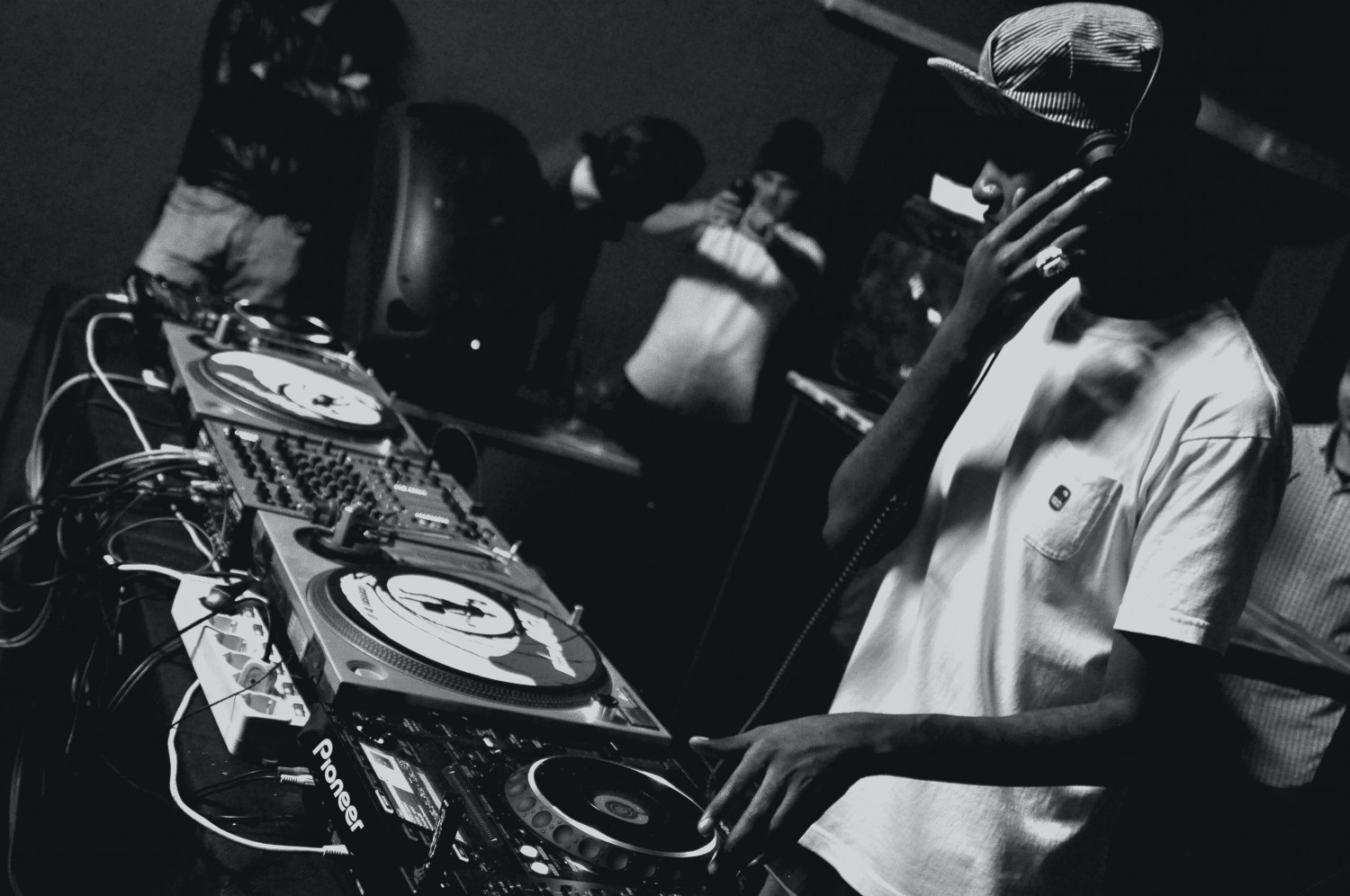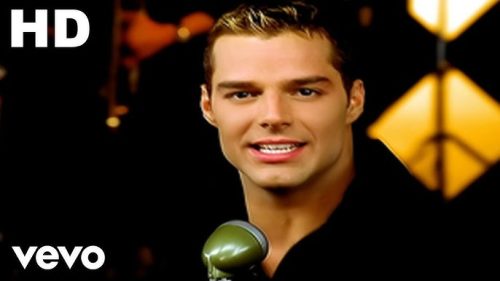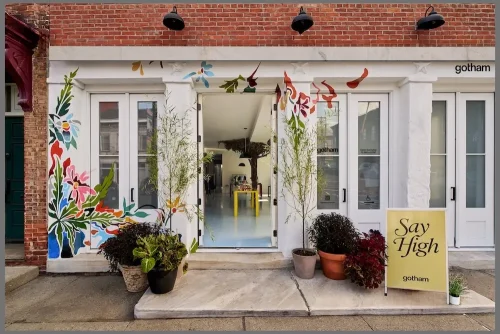Our understanding of current and iconic house music and techno soundscapes have deep and foundational roots in Black culture. The queer and Black dance scenes blossoming out of the 70’s disco movement laid down the building blocks for our experience today. New age electronic music would not be what it is today without it’s 1970’s and 1980’s pioneers in disco, house, and hip-hop.
When you’re listening to the current realm of house, you’re listening to the groundwork laid by the first great Black DJs, producers and musicians. When you’re listening to Nikki Nair or Ross from Friends, you’re calling on the foundations of Lil Louis and Larry Sherman. As you’re listening to Mall Grab or DJ BORING, you’re drawing from the disco roots of Donna Summers and Patti Labelle.
We owe much of our modern dance music experience to the Black musical geniuses that first enlightened the world to the power and complexities of sound in the 1970’s and 1980’s.
The Fall Of Disco, And The Rise of The Ware-‘House’ Soundscape
The early dance club days in large cities like New York and Chicago were a movement of inclusiveness. ‘Four on the Floor’ disco beats were filling clubs and uniting Black and queer communities through music and dance. Following the Stonewall Rebellion in 1969, gay disco dance clubs became a place of refuge. A place for love, expression and togetherness. A place for soul and funk, movement and unification.
During the early 1970’s disco was booming. But, with the steep rise and circulation of disco, came its eventual downturn. Some might refer to the late 70’s music scene as the fall of disco, calling on events like Disco Demolition night and the ‘Disco Sucks’ idiom. Disco quickly lost momentum, becoming outworn and out of fashion. This turn in the architectural history of music transformed the Black and queer disco scene, into an iconic Warehouse soundscape revolution.
The Pioneers Of House and Techno
While the realm of disco may have been declining, this era was more of a complex auditory evolution. We began to see raw and experimental underground house music. Originating from early icons like Larry Laven and Frankie Knuckles, house and techno was born.
Knuckles was the resident DJ at the popular Chicago Black gay club, The Warehouse, in the 1980’s. This Chicago club disco jockey helped coin the name ‘House’ music. Levan, was pioneering the Black house music scene in New York, at the queer club Paradise Garage.
New York, Chicago, Detroit, and other large metropolis cities, started becoming hubs for the new wave of Black House, Techno and Garage sounds. Right alongside Levan and Knuckles, designing the new age of dance music, were DJ’s like Jesse Saunders, Ron Hardy, and Steve ‘Silk’ Hurley.
Throwing together and exploring the depths of vinyl disco, jazz and hip-hop, these Black icons paved a path of auditory experimentation. Greats like Levan and Knuckles transformed the Black and queer dance scene into a raw and entrancing club experience.
Innovative exploration with beat-matching, drum machines, vocal edits, and other early DJ techniques set the Black house music scene apart from its disco roots. Overcoming the limitations of 1980’s DJ equipment, they engineered complex and avante-garde soundscapes, with roots in soul and disco.
Expansion Of The House Music Movement
As the house music scene was expanding, DJ technology was improving. As was experimentation with tempo, synthesizers, and raw, organic sound, blew up. DJs and producers were discovering new ways to layer, morph, remix, and edit. By the late 1980’s, new genres and subgenres of house music were sprouting up. You were starting to see scenes out of cities like New York and Detroit. Garage music, for example, stemming from Levan’s exploration of dub at New York’s Paradise Garage.
It wasn’t long before the innovations in the house music scene had an international reach. They quickly found adoption by European clubs and DJs. Early Chicago Warehouse disco vinyl experimentation, evolving and transforming into an elaborate web of electronic subgenres. Through globalization and advancing production technology, house music became a staple. Some might even say… mainstream.
Modern-Day House and Techno—Remembering The Roots
With that move into the mainstream realm, Black representation in the electronic music scene has declined. The house and dance music scene has been whitewashed, and there’s really no other way to put it. A realm of music, so deeply rooted in Black disco, jazz and soul, now dominated by white producers and DJs.
Recognizing the foundations upon which our modern electronic music experience is built, is now a part of our duty. Standing up for racial inequality and for diversity, in and out of the electronic music scene, is our duty. The queer and Black communities rallied together after the Stonewall Rebellion. Let’s do the same and make inclusion and love and appreciation of Black expression our duty.
To the Black disco queens, and to the architects of house music, and to every great Black musician that had a hand in laying the foundations of the modern music experience, we thank you.







